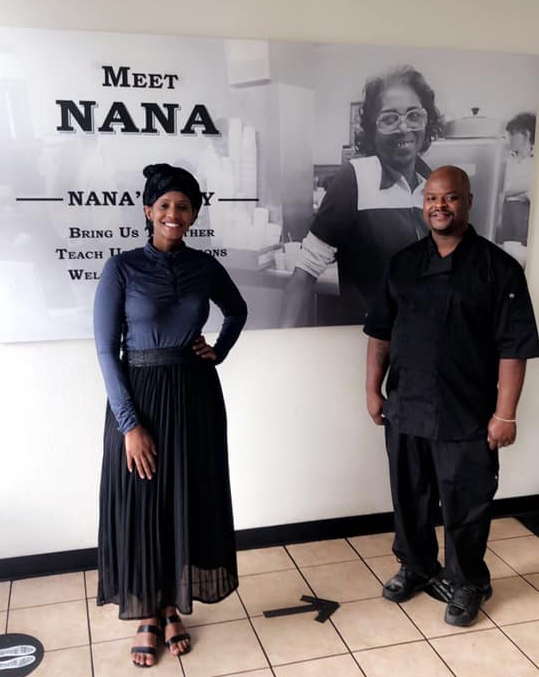
For employment and small business, the economic downturn caused by COVID-19 caused a rush to get government funding lifelines out the door as fast as possible meant that many Women and Minority Owned Business Enterprises (WMBE) and organizations were left behind. As we recover from the economic impact of the pandemic, we must prioritize equitable outreach with the voices of WMBE to understand how these disparities have impacted their ability to thrive, and pass laws and increase investments to address these inequities.
I am committed to passing laws that
- increase salary transparency
- increase investments in professional and leadership training for historically marginalized groups across sectors – including wage-stable roles such as union apprenticeships
- expand on investments such as Best Starts for Kids to increase the number of child care spots available and to increase accessibility to low-income families
- create public / private partnerships to increase education around Washington State’s recently passed Paid Family Medical Leave and Fair Start for Kids Act
- build on the City of Seattle’s model for their Office of Labor Standards and working with private companies to encourage more BIPOC in leadership roles and create harsher penalties for companies that are guilty of discrimination or retaliation.
Businesses owned by Latino/a communities that have not been able to access federal support such as restaurants and family owned small businesses are an area of focus for us to provide rental and leasing assistance, funding for recovery and other supports for their COVID resilience. Similarly, we want to ensure the labor rights and working conditions for daily wage laborers and frontline workers such a Latino/a grocers receive positive investment.
We need to invest in local Chambers and work with small business investments by Commerce to connect first generation and BIPOC owned businesses to be able to access County contracts and generate jobs, which increase municipal revenue and economic stability.
This means making contracting processes more transparent, working with intersectional leaders such as women of color to address gender inequity and race disparities, and create better pathways to feedback to help historically disenfranchised individuals meet performance expectations by the County for contracts.
Finally, we must intentionally assess our existing strategy investments and evaluate the data to see where there are different forms of disparities in how tax revenue is disbursed and invest in community outreach and small business resilience to increase the diversity of businesses who are contracted by King County and apply municipal taxes to generate well paying jobs. By creating thriving communities with a positive economic cycle, we can increase the capacity of local businesses and laborers while creating equitable policy to develop labor and community friendly tax proposals that can incentivize their growth.
Do you like this page?
